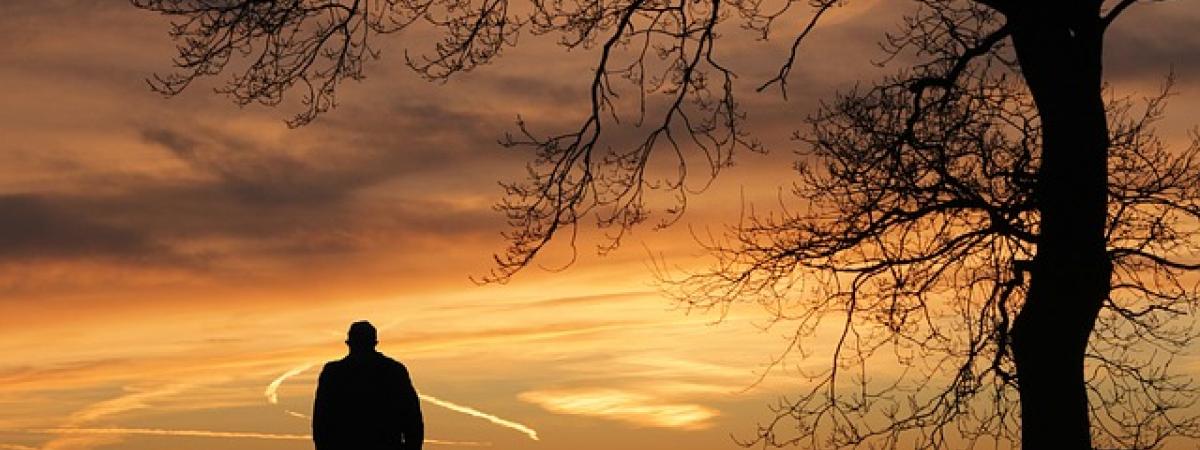How does loneliness affect the body
published in Reader's Digest,
19 December 2016

Haruki Murakami describes loneliness as an “acid that eats away at you”; others have described actual heart pain caused by loneliness. Studies show that loneliness is as harmful to health as obesity, smoking and high blood pressure.
The legacy of loneliness
Loneliness strikes people irrespective of age, sex and culture – and it kills. Dr Valtorta and his team at York University recently showed that loneliness was associated with a 29% increase in risk of heart disease and a 32% increase in stroke - a reason newspapers have lonely heart columns and obituaries close together?
It’s not exactly clear how being lonely causes harm to the heart. We have found that, just as humans need air to breathe and water to drink, we all have a deep need to belong. When this primordial need is not met, levels of harmful stress hormones increase, and restorative sleep is lost.
Stress hormones may harm the heart by raising blood pressure. It’s also possible that lonely people take up behaviours that are harmful to the heart such as smoking and a more sedentary lifestyle.
The lonely brain
Dr Liesl Heinrich of Monash University acknowledges that loneliness can affect the brain, sometimes causing low self-esteem, anxiety, depression, neuroticism and even schizophrenia and suicide.
What’s more, as a nurse in a care home often observing the onset of dementia, I have seen that cognitive decline is sometimes more rapid in the lonely residents. A scientific study of 823 older people did indeed show that “risk of dementia was more than doubled in lonely persons”.
The lonely elderly may also be more likely to hallucinate (seeing imaginary people, or dreaming up sounds). It’s thought that the brain generates these hallucinations as a means to escape the cycle of emptiness and boredom that loneliness brings.
Alleviating loneliness
Unfortunately, there’s no ready prescription for this problem. Day centres, clubs, volunteering and the ‘Silver Line Helpline’ can all help to some extent, but companionship does not guarantee protection from loneliness. It is possible to be lonely, though never alone, as captured in my favourite quote from the Little Prince by Antoine de Saint-Exupéry,
“Where are the people?” resumed the little prince at last. “It’s a little lonely in the desert…”
“It is lonely when you’re among people, too,” said the snake”
The cure lies in the quality and not the quantity of friendships you have.
In 2012, a ‘Summit to tackle loneliness’ was held, and experts discussed possible solutions. Paul Burstow, MP, summed up the pressing burden when he said, “We’ve rather grandly titled this a Summit but we are not anywhere near the summit yet, we’re at base camp. We need to work out what provisions are needed, and make sure we are fully organised and prepared for what will be a very tough climb”.
Sweet solitude?
Some people are never lonely, and relish being alone. History tells of many happy hermits.
For the rest of us who do occasionally feel lonely, why not reach out to one other person, and in so doing, become the precious ally that G.K.Chesterton beautifully describes:
“There are no words to express the abyss between isolation and having one ally.
It may be conceded to the mathematician that four is twice two.
But two is not twice one; two is two thousand times one.”
